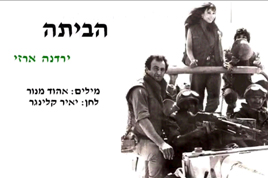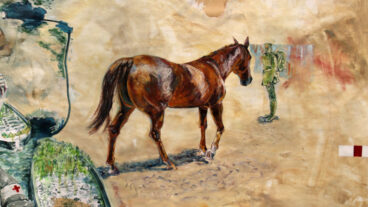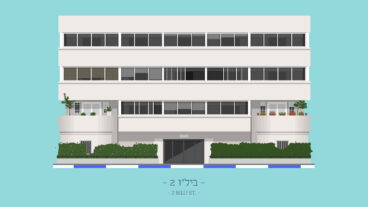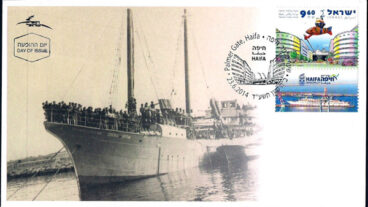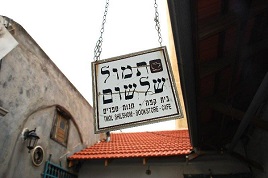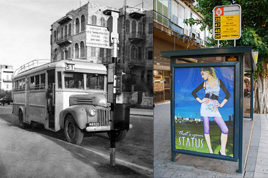Music can tell you a lot about an era. Nowhere is that more apparent than when looking over the songs that came out of the First Lebanon War, which began on June 6th, 1982. Also known as Operation Peace for Galilee, it marked the first time that the Israeli government did not have full public support during a time of war.
At that time, Israel’s pop music scene was bubbling with new talents like punk groups like the Clique (aka the Click), rockers Tislam (also T-slam) and Benzine (with Yehuda Poliker), alongside solo artists like Yehonatan Geffen, David Broza, Yehudit Ravitz, Arik Einstein, Shalom Hanoch, Danny Sanderson and many others. Mizrahi (Middle Eastern) artists like Zohar Argov and Ofra Haza were finally breaking into the hit parade charts and Israel was riding high as a two-time winner of the Eurovision song contest (in 1978 and 1979).
And yet, despite this thriving music scene, no anthem emerged from the First Lebanon War; no Yerushalayim Shel Zahav (Jerusalem of Gold) as in 1967’s Six Day War. Quite the opposite. Anthems could only be suspect at a time when the casualty rate was rising, the end of the military operation seemed nowhere in sight, and public faith in government was dimming.
These sentiments and the fear of falling in battle was expressed at the time by an IDF soldier in a newspaper interview in which he said, “Soon we will become a song, soon we may not be here.”
So, which songs were emblematic of the First Lebanon War? Its a short list, according to song lyrics website Shironet. and a pretty depressing one, too. For example, the song Habayta (Homeward), written by Ehud Manor and sung by Yardena Arazi, was a call to bring the soldiers home from “foreign fields”. (Arazi issued an updated version in 2006, during the Second Lebanon War, dedicated to the kidnapped and missing Israeli soldiers).
The heavily operatic Brit Damim (Blood Covenant), sung by Miri Aloni, draws a parallel between the Sacrifice of Isaac and the war.
Then there is the Western-style Beaufort, sung by Moti Aroti but despite its upbeat tempo it is again, a story about a solider who does not come home.
Perhaps the most well-known song to come out of the First Lebanon War is Shtei Etzbaot Mi’Tzidon (Two fingers’ length away from Sidon, also Ricochets), sung by Boaz Ofri, who also acted in the film of the same name. As described in its IMDB entry, it is “The story of a platoon of Israeli soldiers in Lebanon of 1986, shortly before Israeli withdrawal, and the dilemmas they face in having to fight against Lebanese guerrilla in a hostile but civilian area”.
Amazingly, given its anti-war sentiment, the film was produced by the IDF Film and Photography Unit. But perhaps that should come as no surprise. It was IDF Radio that took the statement made by a single soldier, “Soon we will become a song, soon we may not be here,” as inspiration for a project — entitled Soon We Will Become A Song — that pays tribute to fallen soldiers and victims of terror by turning their poems and letters into songs.




